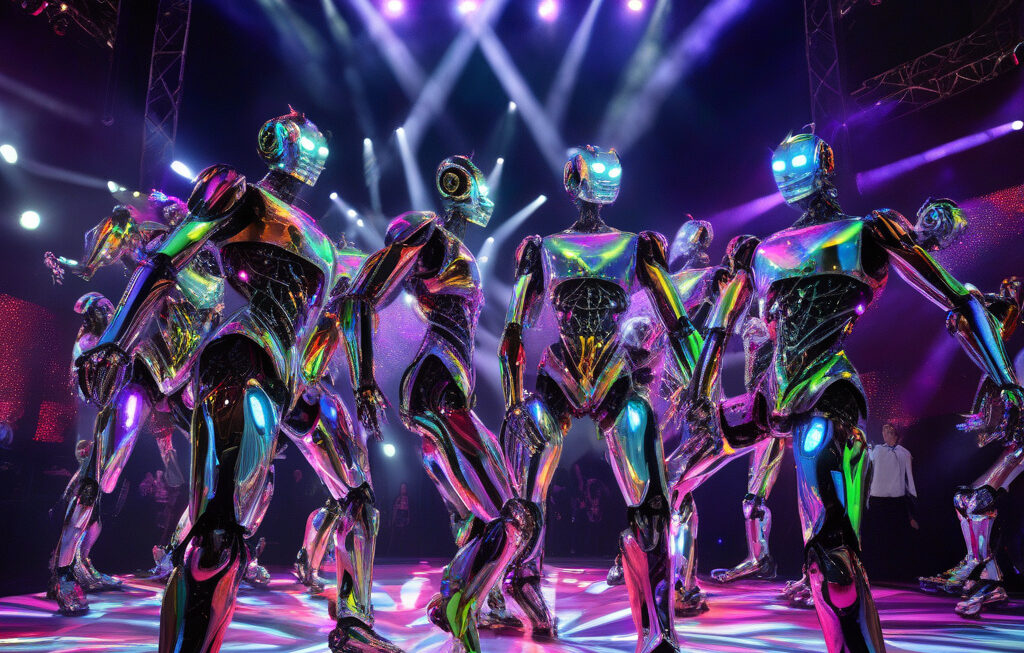Brain-inspired AI chip uses 100 times less energy to power devices; works offline
German scientists have developed a groundbreaking AI chip modeled after the human brain that performs with remarkable efficiency. This innovative technology not only reduces energy consumption by an astonishing 100 times compared to traditional chips but also has the unique capability to operate offline, setting a new standard in artificial intelligence development.
The human brain is a marvel of efficiency, capable of processing complex tasks while consuming minimal energy. Drawing inspiration from this biological masterpiece, a team of researchers from Germany has created an AI chip that mimics the brain’s neural architecture. By replicating the brain’s interconnected network of neurons and synapses, this chip can perform cognitive tasks with unprecedented energy efficiency.
One of the most significant advantages of this brain-inspired AI chip is its ability to function offline. Unlike conventional AI systems that rely on constant internet connectivity to access cloud-based resources, this chip can process information locally without the need for a continuous network connection. This feature not only enhances data privacy and security but also enables devices to operate in environments with limited or no internet access.
The implications of this technology are far-reaching. By significantly reducing energy consumption, devices powered by this AI chip can achieve longer battery life, making them more sustainable and cost-effective. Furthermore, the ability to perform complex AI tasks offline opens up new possibilities for applications in areas where internet connectivity is unreliable or unavailable, such as remote industrial sites or rural areas.
In addition to its energy efficiency and offline capabilities, the brain-inspired AI chip also boasts impressive performance. Thanks to its neural network architecture, this chip can execute tasks with a level of speed and accuracy that rivals traditional AI systems while consuming a fraction of the energy. This combination of efficiency and performance positions it as a game-changer in the field of artificial intelligence.
The development of this groundbreaking AI chip underscores the potential of bio-inspired design principles in advancing technology. By looking to nature for inspiration, scientists and engineers can create innovative solutions that not only outperform existing technologies but also offer new functionalities and benefits. As the demand for AI continues to grow across various industries, the adoption of brain-inspired chips could pave the way for a new era of intelligent devices and systems.
In conclusion, the brain-inspired AI chip developed by German scientists represents a significant leap forward in artificial intelligence technology. With its unparalleled energy efficiency, offline capabilities, and high performance, this chip has the potential to revolutionize the way AI is integrated into devices and applications. By harnessing the power of nature’s design principles, researchers have unlocked a new realm of possibilities for the future of AI.
energy efficiency, AI chip, offline capabilities, technological innovation, artificial intelligence












